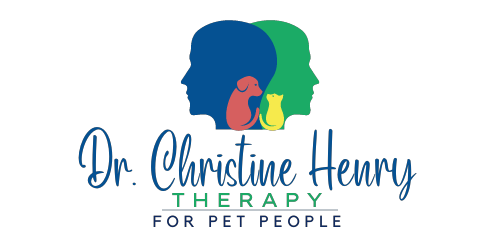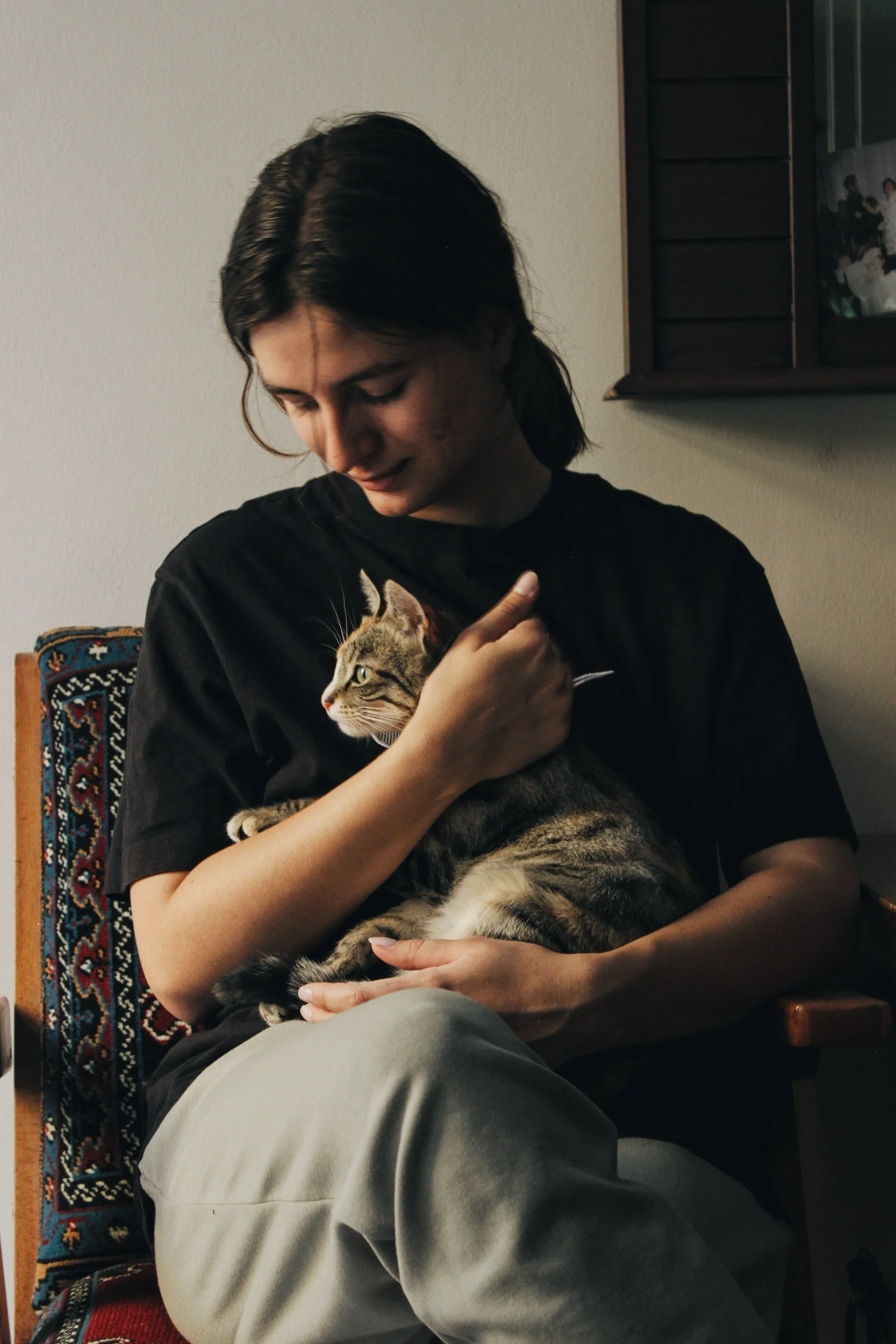
Coping with Disconnected,Toxic or Estranged Family
Find support for navigating toxic family dynamics and estrangement. These resources are for adults experiencing an emotionally charged separation or disconnection from a family member. It is for those of us who have had unhealthy relationships with family, where we feel compelled to cut ties to protect our mental health. This may be due to their lack of respect for our boundaries, the constant emotional drain from their behavior, or instances where they have pushed us away, ghosted, or abandoned us throughout our lives. It may also involve coming to terms with the reality that they will never offer the kind of family relationship you had hoped for.
This type of relationship is called “family estrangement.” Most of the resources here focus on situations where an adult becomes estranged from a parent, sibling, or another significant support person in their life, rather than on the perspective of a parent who is disconnected from their adult child.
If you feel overwhelmed - reach out and I can help you break this down.
What Disconnected or Estranged Looks Like
When I became disconnected from a family member, I didn't fully understand the hurt I was feeling. As I tried to make sense of the sadness, I told myself, "Well, they aren't dead." I theoretically could reach out to them, but doing so would often lead to more emotional pain. After discussing my feelings with friends who are also therapists, it became clear that what I was experiencing was grief. It’s somewhat ironic that, despite being a grief therapist myself, I didn’t initially recognize it as such.
Grief isn't limited to death loss.
In fact, any significant life change or loss can trigger grief, even if it doesn't involve a physical death. It can arise from divorce, breakups, chronic illness, job loss, fertility struggles, and more. Feelings of grief can include other emotions such as anger, guilt, relief, shame, resentment, or feeling numb to name a few.
Family estrangement is often a form of "disenfranchised grief" because, while the emotional pain is real, it's not fully recognized or supported by others. This is mainly because the loss isn't as clear-cut as a death.
Grief is a natural emotional response to loss or change.
Estrangement can bring about significant feelings of loss.
Letting go of the idea of having a "Mom," "Dad," "Grandparent," "Aunt” or “Uncle” and coming to terms with the reality of their actual role in your life.
Loss of a sense of belonging.
Absence of emotional, financial, or practical support.
Loss of a shared history.
Loss of family traditions.
Living With Family Estrangement
Articles:
Family estrangement: Why adults are cutting off their parents
The Living Loss: Family Estrangement & Stages Of Grief
The Stigma Around Family Estrangement
Estrangement is never easy or straightforward
Talking about grief when no one has died
How to Cope with a Toxic and Estranged Family Relationship
Generational Differences
Why Adult Children Are Cutting Off Their Parents More Than Ever
20-Something Questions Why 'Resenting Your Children' Is So Common Among Gen X & Boomer Parents
Why do I Resent my Parents? Gen X and Boomer Parents: Tips to Help Avoid Resentment
Broken Families: 13 Reasons Millennials Are Cutting Contact With Boomer Parents
Connected to Neurodivergence
Why are autistic adults estranging their parents?
A Hidden Cause of Some Difficult Family Relationships
5 years No Contact (and Neurodivergent)
Journal Articles:
Missing Family: The Adult Child’s Experience of Parental Estrangement
Videos:
How family estrangement impacts your life
Sibling Estrangement
Silence and shame: Memoir examines 'devastating' impact of sibling estrangement
Conspiracy Theorists and Sibling Estrangement
The Facts About Sibling Estrangement
Why So Many Sibling Relationships Break Apart
How to Mourn an Estranged Sibling Relationship
Toxic Sibling Relationship and Siblings Estrangement
Podcast Episodes:
Toxic Sibling Estrangement at the Death of a Parent - Dr. Sherry Campbell
Sibling Estrangement - Fern Schumer Chapman
Journal Articles:
Sibling estrangement in adulthood
Videos:
Ali-John Chaudhary (psychotherapist) has a large video library on sibling issues
Books:
Brothers, Sisters, Strangers: Sibling Estrangement and the Road to Reconciliation by Fern Schumer Chapman, Gabra Zackman, et al.
Let’s Talk
If you have questions or want support, please reach out to me and we can get started.
Cutting Ties
Deciding to reduce contact or cut ties with someone is never easy. I kept asking myself, 'Is it really that bad that I need to go no contact?' What if something happens to them while we’re not speaking? How would I find out what happened? How would I explain this to others? I’ve tried setting boundaries before, but they didn’t work. What will be different this time? With the right support, you can determine what boundaries will work for you, even if that means cutting ties completely. These articles are a good starting point, but many people find it helpful to talk to someone outside the situation for a more unbiased perspective. If you don’t have someone like that in your life, a therapist could be a great option.
Book Recommendations
Understanding Ruptured Mother-Daughter Relationships by Khara Croswaite Brindle
What My Bones Know: A Memoir of Healing from Complex Trauma by Stephanie Foo
Rules of Estrangement: Why Adult Children Cut Ties and How to Heal the Conflict by Joshua Coleman Ph.D
Adult Survivors of Toxic Family Members: Tools to Maintain Boundaries, Deal with Criticism, and Heal from Shame After Ties Have Been Cut by Sherrie Campbell Ph.D
But It’s Your Family…: Cutting Ties with Toxic Family Members and Loving Yourself in the Aftermath by Sherrie Campbell Ph.D
Ambiguous Loss: Learning to Live with Unresolved Grief by Pauline Boss
Books about About Mothers
Mothers who can’t love by Susan Forward, et al.
Mother Hunger: How Adult Daughters Can Understand and Heal from Lost Nurturance, Protection, and Guidance by Kelly McDaniel
Will I Ever Be Good Enough?: Healing the Daughters of Narcissistic Mothers by Karyl McBride
Helpful Trauma Books (Which also discuss estrangement)
Drama Free by Nedra Tawana
Adult Children of Emotionally Immature Parents: How to Heal from Distant, Rejecting, or Self-Involved Parents by Lindsay Gibson
Facing Codependence: What It Is, Where It Comes from, How It Sabotages Our Lives by Pia Melody
General Podcasts
Calling Home by Whitney Goodman
Great Episodes of Calling home:
Beyond the Pain - Estrangement by Donald Stott
Navigating Estrangement Situations - Dr. Rick and Forrest Hanson
Managing Holidays When You Are Estranged
"Bah! Humbug!" I used to love the holiday season, but as life became more complicated, my feelings changed. I dreaded the questions from coworkers about my holiday plans. Although they likely intended it as a simple inquiry, it stirred up intense emotions for me. I wondered if they really wanted to hear the whole story behind my reasons for not seeing them. Even when I did share, responses often included, 'But that’s your family! You’re supposed to be with family during the holidays.' I hear similar concerns from clients who have come to dread the holidays and some even return to therapy from October through February for extra support. With so many images of happy families during the holidays, it can be tough to feel like you’re the only one who doesn’t have that.
Managing Estranged Aging Relatives
As people age, relationship dynamics often shift. Traditionally, adult children—especially women—are expected to care for the aging relatives. However, little is said about the challenges that arise when you have a distant or nonexistent relationship with them. This change in roles can evoke a range of emotions, such as resentment and guilt, especially if you feel obligated to help despite past issues. You might find yourself torn between a sense of duty and unresolved feelings of hurt or anger from earlier experiences. It can be reassuring to know that YOU ARE NOT ALONE in these feelings. While support groups are highly recommended, they may not always be accessible. To help you manage these emotions and provide tips on setting boundaries, here are some articles with practical suggestions.
Articles:
Caring for Aging Parents Who Didn’t Care for You
Becoming a Caregiver When Your Parent Wasn't There for You
Caring for Estranged Parents: 3 Important Considerations
Caregiving for an Aging Narcissist: Navigating the Challenges with Compassion
Let’s Talk
If you have questions or want support, please reach out to me and we can get started.
Grief After The Death of a Complicated Relationship
You have an estranged family member and have come to terms with the relationship. You cope with them missing important milestones and not being involved in your life. You might have felt a sense of relief, free from the emotional stress that used to weigh you down.
Then they die and everything shifts again.
You've thought about how you would respond in this scenario. It may hit you as expected, or you might be completely thrown off by the emotions you’re experiencing. With grief, any emotion is okay. It’s okay to feel sad, and it’s okay to feel a sense of peace. However, grieving someone who is estranged is often complicated. Here are some articles to help you sort through your feelings and find ways to understand your grief.
Books:
How to Carry What Can't Be Fixed: A Journal for Grief by Megan Devine
Articles:
Absent Grief: Why Am I Not Grieving Like I Expected To?
When Someone Dies that You Had a Complicated Relationship With
The Complexity of Grief With Estrangement
Grieving an estranged parent: Going against cultural norms
We Were Estranged. Then She Died!
Dealing with grief – the death of an estranged parent
Death (or impending death) of an estranged parent or relative
When The Death Of A Parent (Or Thinking About It) Brings Relief
Videos:
Narcissism and Grief with Dr. Ramani and David Kessler
Adding To This Page…
I am continuously adding to this page as I get new information so come check back to see new additions. If you have any resources that you have found helpful but are not listed please email me as I would love to add them: henry@therapyforpetpeople.com
Please forgive any typos or broken links. As an ADHDer it’s a challenge for me to keep up but I am making it a priority as this page is truly a labor of love. Be sure to forward the link to others in your life who may benefit from this information. Bring some food and water as this is a deep deep dive into all things neurodivergent.
Explore More Resources
Questions? Need Support?
If you have questions or need support, please reach out to me! This journey can be difficult, but you don’t have to walk it alone.



























